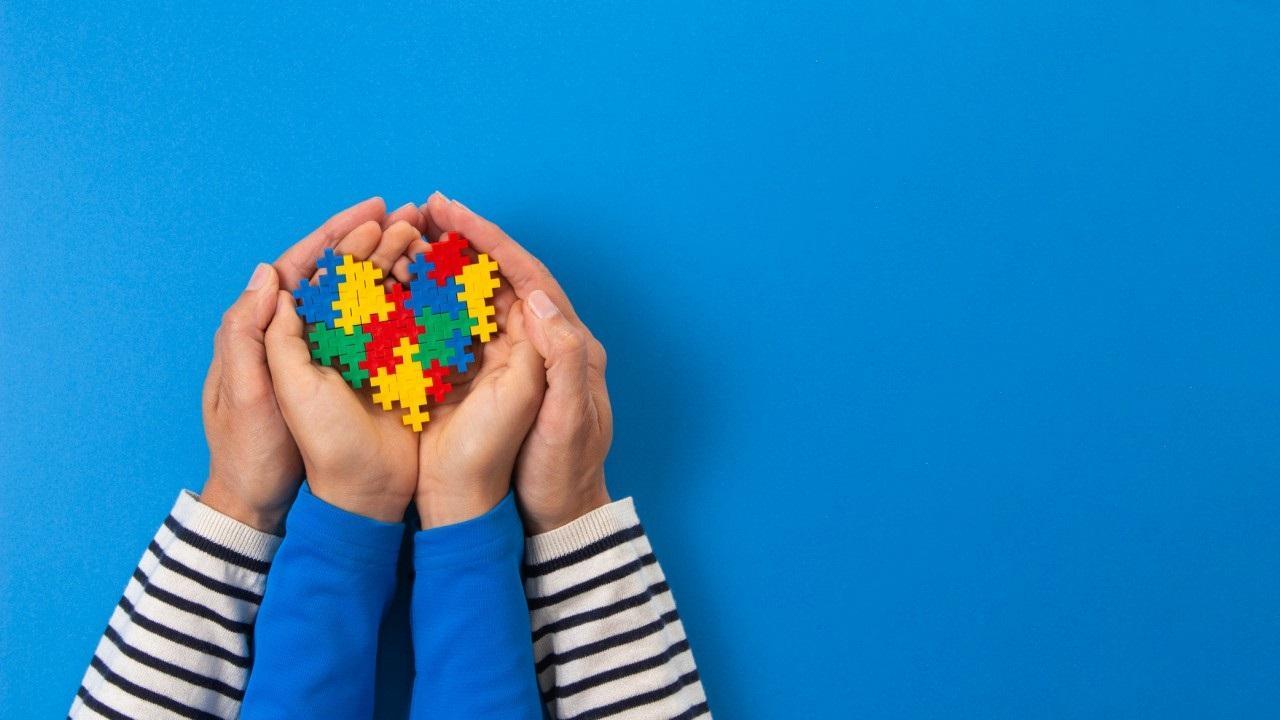Neurodiverse individuals are more likely to suffer from mental health conditions than their neurotypical peers. For World Autism Month, Mid-Day Online spoke to neurodiversity advocates and experts who are finding creative ways to further our understanding of the community

Representative Image. Pic/iStock
UNLOCK FULL ACCESS
Buy now to read the full story.
For Just ₹29/-
Already a member? Login
For any queries please contact us: E-mail: support@mid-day.com
 Subscribe today by clicking the link and stay updated with the latest news!" Click here!
Subscribe today by clicking the link and stay updated with the latest news!" Click here!








